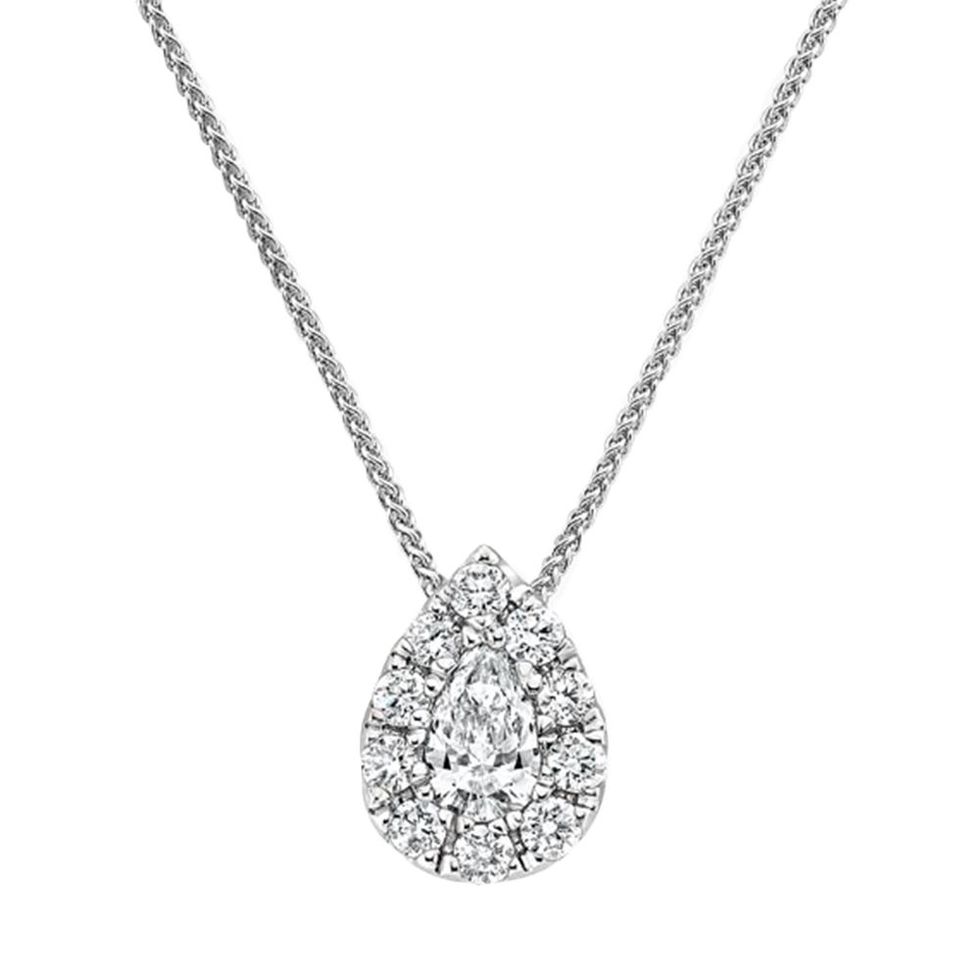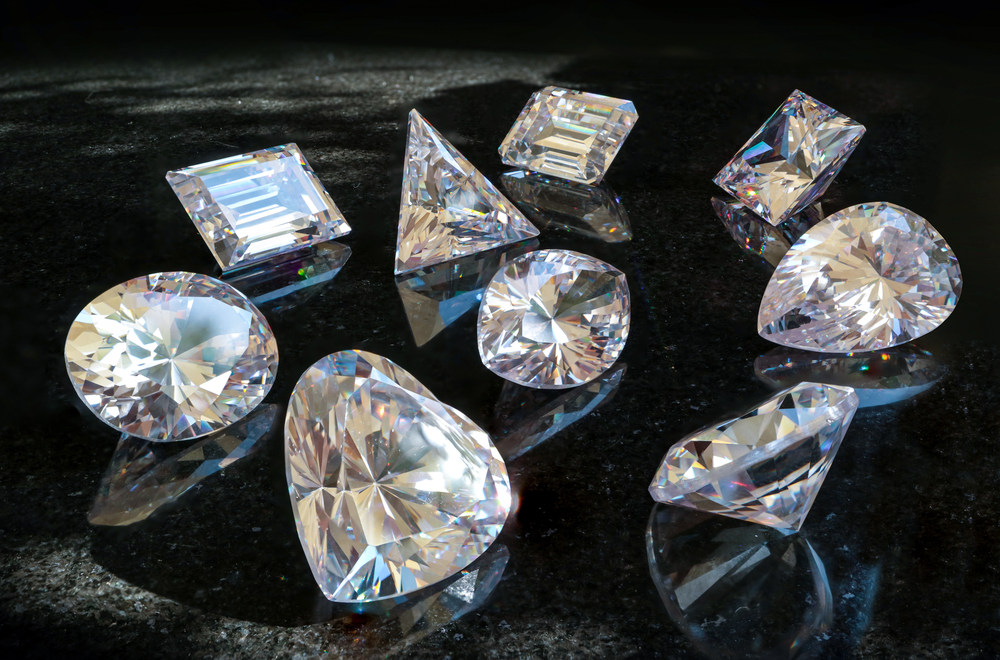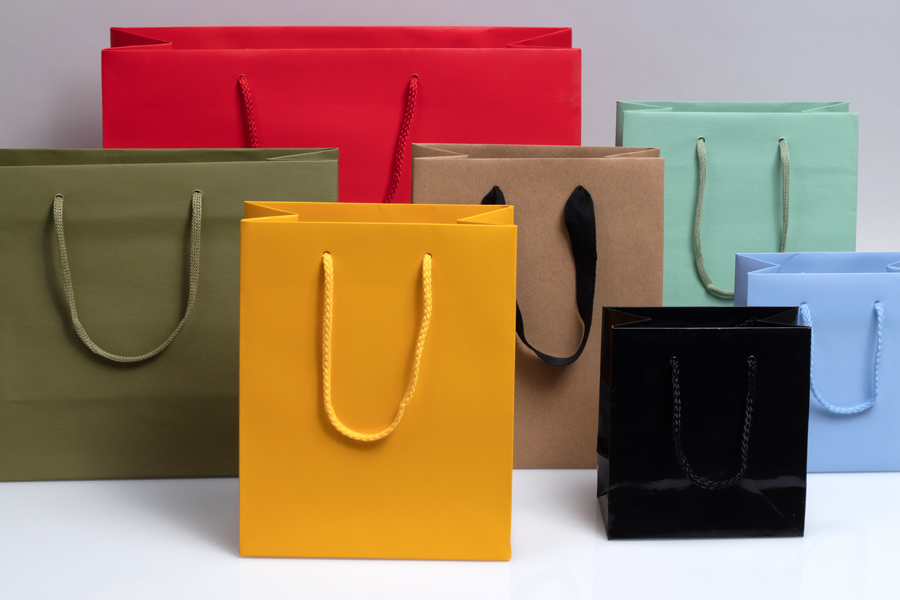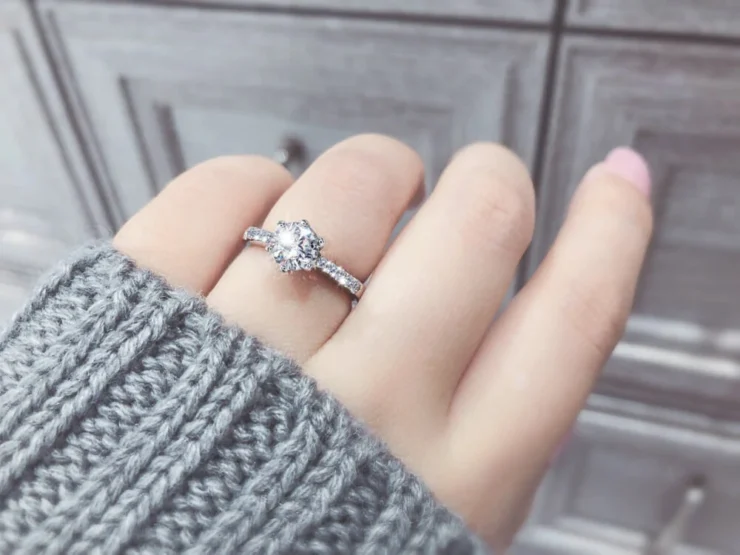Pawn shops play a how pawn shops determine value for gold and other valuables. Understanding how these establishments assess the worth of items can empower sellers, particularly in a vibrant city like Melbourne, where the demand for gold remains consistently high. In this article, we will delve into the intricate processes pawn shops employ to determine the value of gold, enabling potential sellers to make informed decisions.
Table of Contents
The Importance of Gold in Melbourne’s Market
Gold has been a symbol of wealth and a reliable asset for centuries. In Melbourne, the bustling market for gold thrives, driven by both local demand and international fluctuations. As a precious metal, gold retains intrinsic value, making it a popular choice for investment and trade. This demand directly influences how pawn shops operate, as they seek to offer competitive prices while ensuring profitability.
Factors Influencing Gold Value
Several factors contribute to the value assigned to gold by pawn shops. Understanding these elements is crucial for anyone looking to sell their gold items.
1. Current Market Price
The market price of gold fluctuates daily based on various economic indicators, including geopolitical events, currency strength, and overall market trends. Pawn shops closely monitor these changes and adjust their purchasing prices accordingly. Sellers should be aware of the current gold price, which can be easily checked through financial news websites or commodity trading platforms.
2. Purity of Gold
Gold purity is measured in karats (k), with 24k gold being the purest form. The higher the karat, the more valuable the gold. Pawn shops assess the purity of gold items using specific tests, such as acid tests or electronic testers. Understanding the karat weight of your gold can significantly affect the valuation process.
3. Weight of the Gold
The weight of the gold item is another critical factor. Pawn shops typically use scales to determine the precise weight, which is then multiplied by the current market price per gram. This straightforward calculation forms the foundation of the valuation process, ensuring sellers receive a fair offer based on their item’s weight and purity.
4. Condition and Craftsmanship
The condition of the gold item and its craftsmanship also influence its value. High-quality jewelry or uniquely crafted pieces may fetch a premium over standard gold items. Pawn shops consider factors such as wear and tear, damage, and overall aesthetic appeal when assessing an item’s worth. Sellers should take care to present their gold items in the best possible condition to maximize potential offers.
The Valuation Process at Pawn Shops
Understanding the valuation process employed by pawn shops can help sellers navigate the selling experience more effectively.
1. Initial Assessment
When a seller brings in a gold item, the pawn shop staff will conduct an initial assessment. This includes a brief examination of the item’s condition and a discussion about its provenance. Sellers should be prepared to provide any relevant information about the item’s history, which can impact its value.
2. Testing for Purity and Weight
Once the initial assessment is complete, the pawn shop will perform tests to determine the purity and weight of the gold. Using professional tools, they will accurately assess the karat value and weigh the item. This step is crucial for calculating the base value of the gold.
3. Market Comparison
After determining the item’s weight and purity, pawn shops compare these findings with current market prices. They often have access to databases and industry reports that provide up-to-date information on gold prices. This enables them to offer a competitive price based on real-time market data.
4. Final Offer
Based on the comprehensive assessment, the pawn shop will make a final offer to the seller. This offer will take into account not only the intrinsic value of the gold but also the shop’s need to maintain a profit margin. Sellers are encouraged to negotiate, as pawn shops often expect some level of haggling in the selling process.
Tips for Selling Gold at Pawn Shops in Melbourne
To ensure a successful transaction, here are some valuable tips for selling gold at pawn shops in Melbourne:
1. Research Current Gold Prices
Before visiting a pawn shop, it is advisable to research current gold prices. Websites that track commodity prices can provide insights into the daily fluctuations of gold, helping sellers understand what to expect.
2. Understand Your Item’s Value
Knowledge is power. Familiarize yourself with your gold item’s karat weight and weight in grams. This information will empower you during negotiations and help you assess whether the offer you receive is fair.
3. Present Items Well
First impressions matter. Clean your gold items and present them in their best condition. This attention to detail can positively influence the pawn shop’s valuation and increase your chances of receiving a higher offer.
4. Be Prepared to Negotiate
Pawn shops expect some level of negotiation. Approach the discussion with a clear understanding of your item’s value and be open to counteroffers. Remaining calm and professional during negotiations can lead to a more favorable outcome.
5. Consider Multiple Options
Don’t settle for the first offer you receive. Explore multiple pawn shops in Melbourne to compare offers. This practice can provide insights into the competitive landscape and help you secure the best price for your sell gold Melbourne.
Conclusion: Making Informed Decisions in the Gold Market
Selling gold at pawn shops in Melbourne can be a rewarding experience when approached with knowledge and preparation. By understanding the factors that influence gold valuation and being well-informed about current market conditions, sellers can ensure they receive a fair and competitive offer. With the right strategies in place, selling gold can become a straightforward process that benefits both the seller and the pawn shop.
















